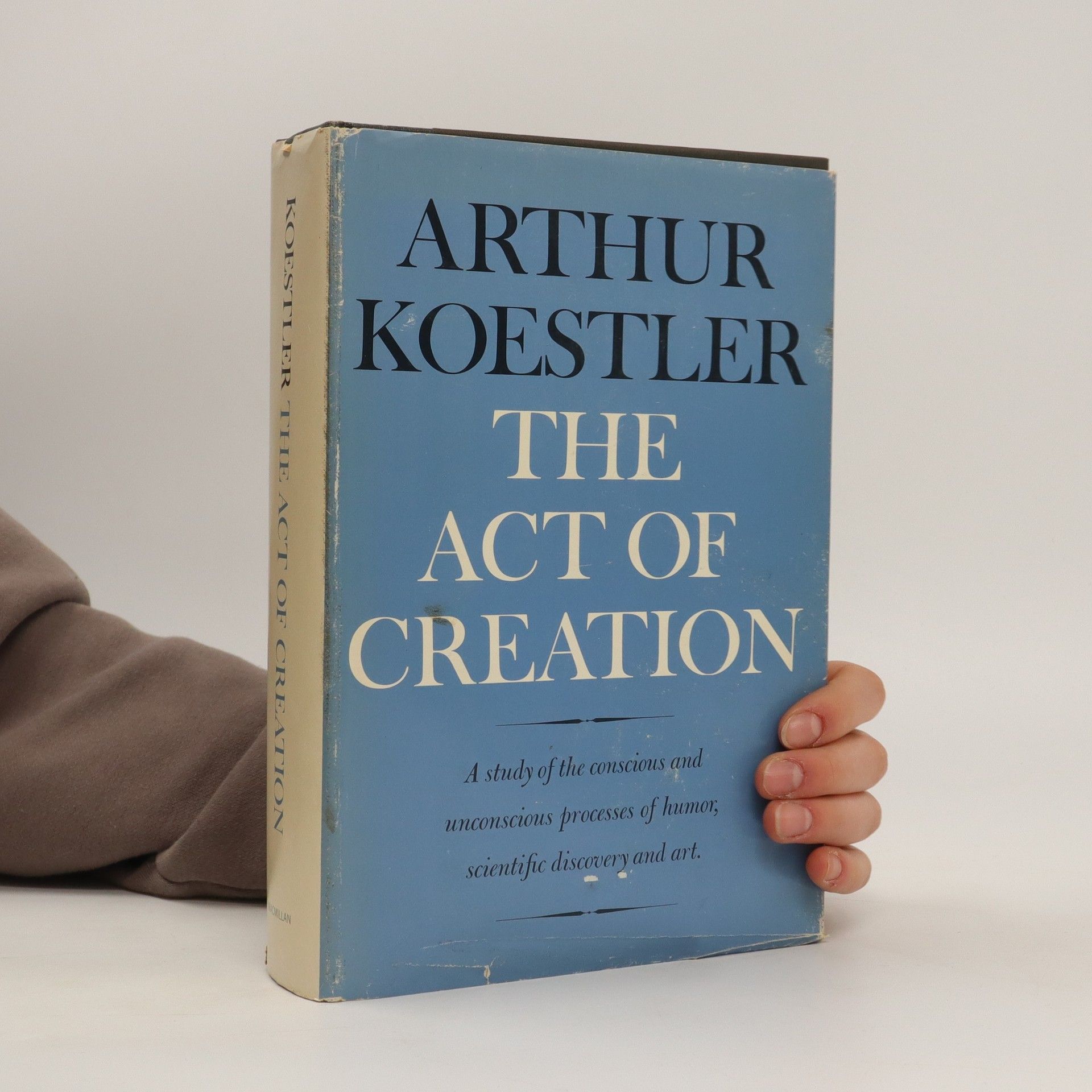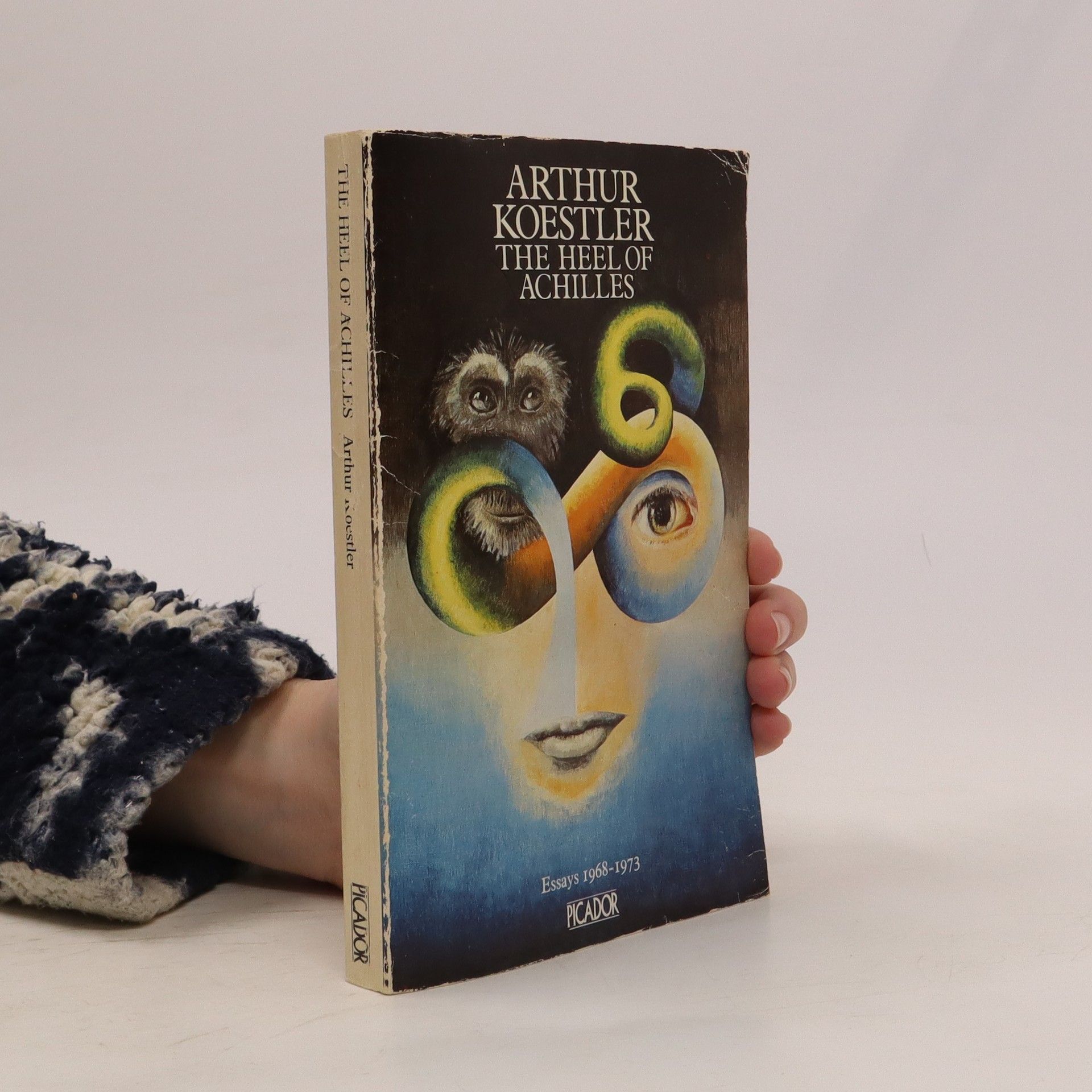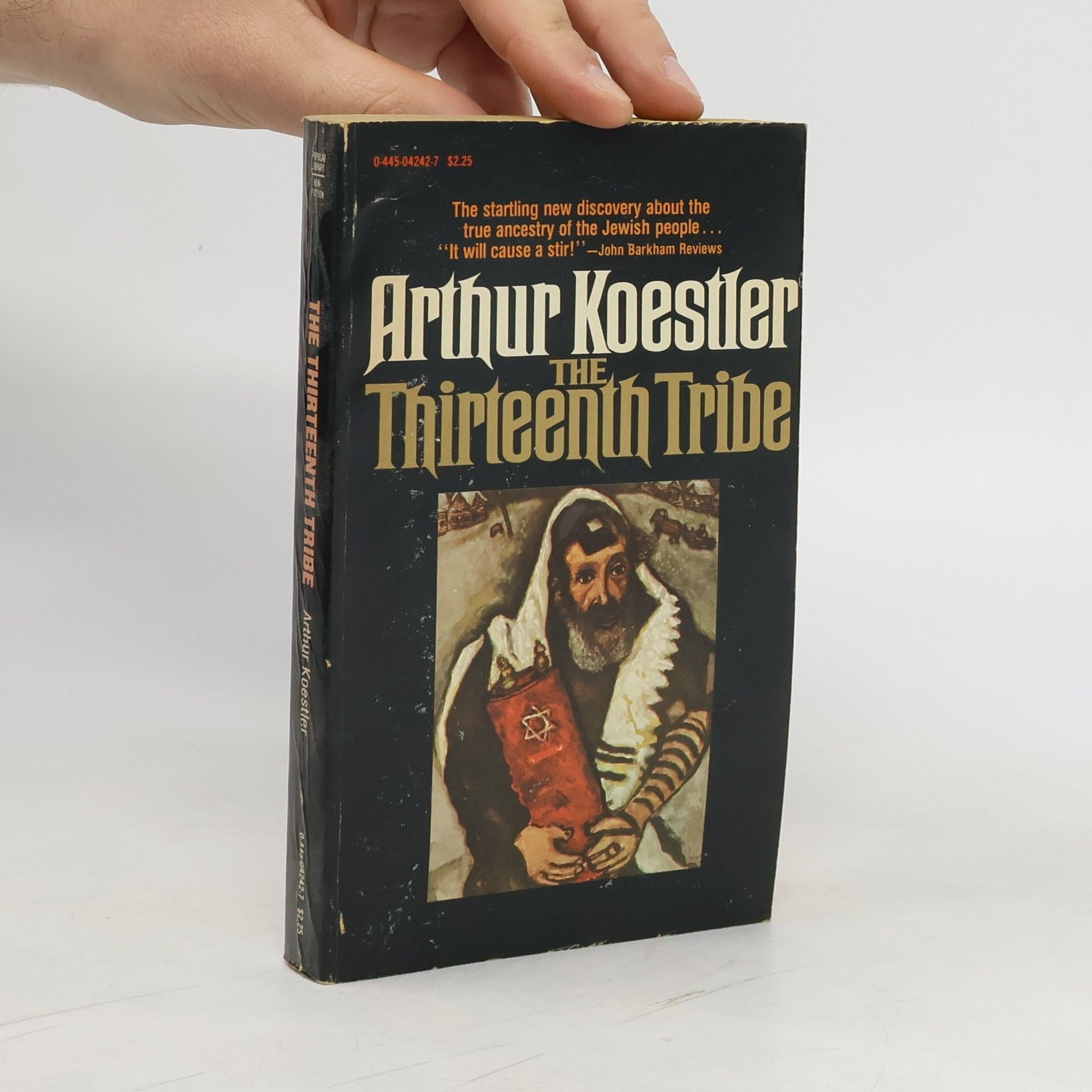Arthur Koestler Libri
Arthur Koestler fu un prolifico scrittore di saggi, romanzi e autobiografie. La sua carriera iniziale fu nel giornalismo, e in seguito divenne noto per i suoi intricati saggi e romanzi che spesso esploravano complesse idee politiche e filosofiche. Basandosi sulle sue esperienze, approfondì temi come la fede, il tradimento e la ricerca di significato in tempi turbolenti. La sua opera è caratterizzata da un acuto intelletto e da un potente stile narrativo.







Nicolaj Salmanovic Rubasciov è un commissario politico dell'Unione Societica durante la dittatura di Stalin. Il suo compito è quello di scoprire e interrogare gli avversari del regime. Un giorno però Rubasciov cade in disgrazia a sarà lui a subire tutti gli aberranti trattamenti a cui sottoponeva le sue vittime. In occasione del suo centenario la Mondadori ripropone in tiratura limitata una scelta di opere che hanno segnato la storia della collana "Medusa", riprendendone l'originale veste grafica ed editoriale.
This book explores the history of the ancient Khazar Empire, a significant yet often overlooked power in Eastern Europe that converted to Judaism during the Dark Ages. The Khazars, who thrived from the 7th to 11th century, were ultimately destroyed by Genghis Khan's forces, but evidence suggests they migrated to Poland, contributing to the roots of Western Jewry. While the Khazars may seem distant to contemporary readers, their legacy has surprising relevance today. At the time of Charlemagne's reign in the West, the Khazars controlled a vast territory from the Black Sea to the Caspian Sea, playing a crucial role in halting the Muslim advance against Byzantium. This positioned them precariously between the Eastern Roman Empire and the followers of Mohammed. Koestler characterizes the Khazars as the Third World of their era, as they resisted the pressures to convert to Christianity from the West and Islam from the East by choosing Judaism instead. He speculates on the fate of the Khazars and their influence on the racial and social heritage of modern Jewry, presenting detailed research that challenges conventional understandings of anti-Semitism.
The Heel of Achilles
- 256pagine
- 9 ore di lettura
In this penetrating selection of essays and reviews, Arthur Koestler roves from Indian politics to the paranormal, from materialism to mysticism. Whether he is addressing a learned society on education or psychiatry, discussing ESP, reporting the Fischer-Spassky chess championship or taking a step into the 1980s, Koestler is always controversial, forthright and stimulating — above all, compulsively readable. [Taken from the back cover]
The Act of Creation
- 752pagine
- 27 ore di lettura
The author examines the idea that we are at our most creative when rational thought is suspended-for example, in dreams and trancelike states.
Promise and Fulfilment - Palestine 1917-1949
- 356pagine
- 13 ore di lettura
The book explores the historical foundations of the State of Israel through a unique lens, emphasizing the influence of irrational forces and emotional biases alongside traditional politico-economic factors. It is divided into three parts: "Background," which surveys key developments; "Close-up," focusing on specific events; and "Perspective," offering broader insights. The author aims to provide a balanced view by highlighting psychological elements in history, presenting a "psycho-somatic" understanding of this significant modern episode.
In The Sleepwalkers and The Act of Creation Arthur Koestler provided pioneering studies of scientific discovery and artistic inspiration, the twin pinnacles of human achievement. The Ghost in the Machine looks at the dark side of the coin: our terrible urge to self-destruction... Could the human species be a gigantic evolutionary mistake? To answer that startling question Koestler examines how experts on evolution and psychology all too often write about people with an 'antiquated slot-machine model based on the naively mechanistic world-view of the nineteenth century. His brilliant polemic helped to instigate a major revolution in the life sciences, yet its 'glimpses of an alternative world-view' form only the background to an even more challenging analysis of the human predicament. Perhaps, he suggests, we are a species in which ancient and recent brain structures - or reason and emotion - are not fully co-ordinated. Such in-built deficiencies may explain the paranoia, violence and insanity that are central strands of human history. And however disturbing we find such issues, Koestler contends, it is only when we face our limitations head-on that we can hope to find a remedy.
Fictional portrayal of the nightmare politics of our time. Its hero is an aging revolutionary, imprisoned and psychologically tortured by the Party to which he has dedicated his life. As the pressure to confess preposterous crimes increases, he re-lives a career that embodies the terrible ironies and human betrayals of a totalitarian movement masking itself as an instrument of deliverance



